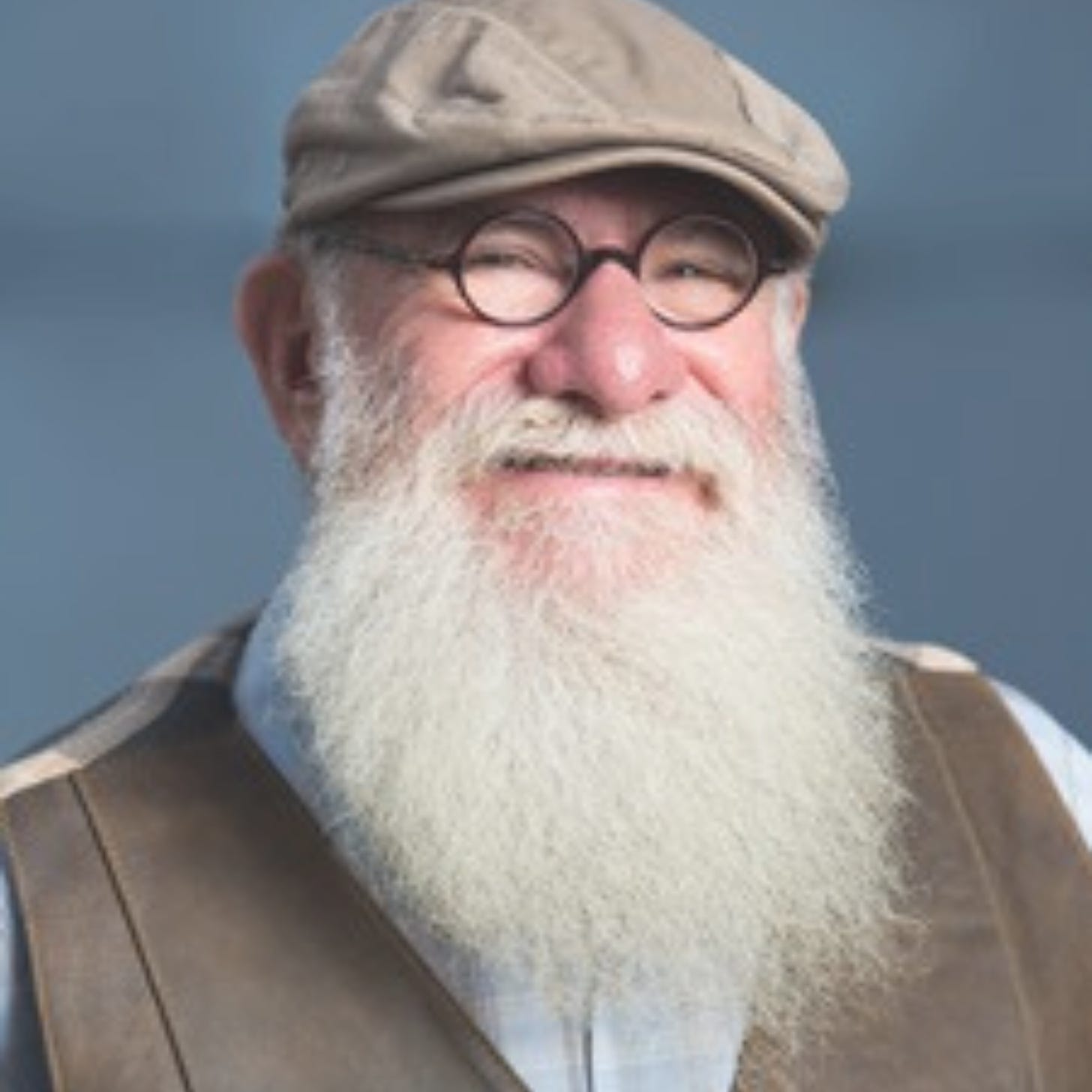On coaching, mental health, and the future of recovery | Bob Lynn, Ed.D
Dr. Bob Lynn is an internationally recognized expert in counseling psychology and substance use disorders with over 50 years of experience in various clinical settings and academia. He is a board-certified licensed professional counselor, senior fellow in Neurofeedback practice, CEO of Addiction and Behavioral Health Alliance, and an affiliate at Rutgers Center of Alcohol and Substance Use Studies. Dr. Lynn has developed client-centered treatment systems worldwide and is focusing on sustainable community wellness programs. He is celebrated for restoring hope in communities facing despair and trauma, empowering them to utilize resources effectively.
Credits: Jingle - Oliver Kiker (Instagram)
Summary
On coaching vs. clinical therapy
Dr. Lynn expresses a preference for coaching over traditional clinical therapy:
"I like coaching very much, and I'll tell you why. I like the departure from seeing everything through a purely clinical lens. It's much more rewarding for me to get advice from a friend than from a therapist. The coach is kind of the bridge. You don't feel like you're a patient in the clinical sense, yet you feel like you're getting informed advice from a friend."
He believes coaching is the future of personal development, citing several reasons:
1. Coaches have more clarity about their role and standards of care.
2. Coaching often has a more contextual perspective, focusing on how to live life better.
3. It aligns with the essence of the serenity prayer - figuring out what you can control and making life better within those parameters.
On the current state of addiction treatment
Dr. Lynn expresses concern about the lack of progress in addiction treatment:
"I don't think we've made a whole lot of progress. I think there's a real crisis of credibility. There aren't even standards of care. You can go to five different rehabs and you'll get five different ideas about what it is to be in recovery."
He criticizes the current focus on access to care rather than quality of care:
"All the money is being put into access to care. So people are building bigger centers to create greater access, but nobody's asking what happens to the patient when they get there."
Dr. Lynn advocates for:
1. Investing in better care and innovation
2. Learning from patients and practice-informed research
3. Empowering local communities to treat people better
On trauma and its impact
While acknowledging the importance of trauma, Dr. Lynn cautions against seeing everything through a trauma lens:
"I think trauma is important. I don't want to trivialize it in any possible way. But we can't see everything through a single lens, and we have to treat people as they present."
He emphasizes that trauma doesn't always lead to negative outcomes, citing his own experience of developing empathy, resiliency, and overachieving despite a traumatic youth.
Advice for mental health challenges
For those facing mental health challenges, Dr. Lynn recommends:
1. Seek immediate professional help if safety is a concern.
2. For less severe issues, start by finding supportive friends.
3. Surround yourself with positive people who care about you.
4. Engage in activities aligned with your interests to meet like-minded people.
5. Recognize that everyone has something special about them; the challenge is finding it.
On coping with triggers
Dr. Lynn emphasizes the importance of practice in dealing with triggers:
"The only thing that will change the trigger is practice over time. You can't do life differently unless you do life differently. You can't walk the same path and expect a different outcome."
He advises recognizing the feeling when triggered and consciously choosing a different response.
Conclusion
Throughout the interview, Dr. Lynn emphasizes the importance of building healthy communities, focusing on individual strengths, and continuously working to improve oneself and help others. His approach blends professional expertise with a deeply human understanding of personal growth and recovery.




